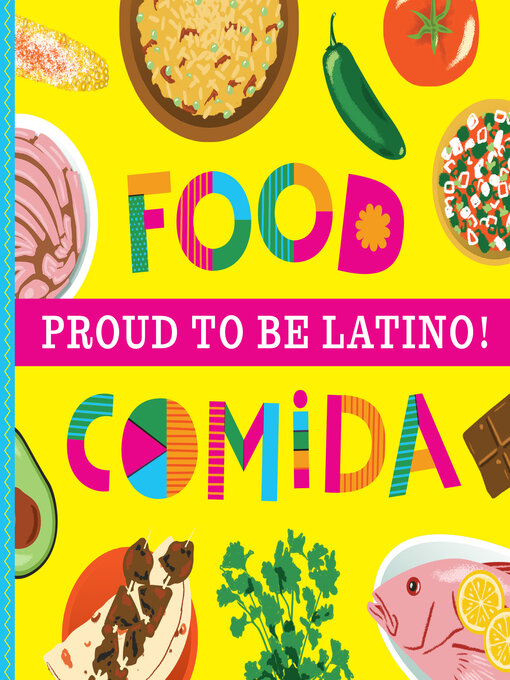Did you know that there are over 5000 types of potatoes sold in South America? Or that in Honduras, a song about conch soup reached the Billboard Top 100 Charts?
Latino culture spans Southern and Central America as well as the Caribbean, but often when we think of Latino foods, we think tacos, burritos, and other common Mexican dishes. Proud to Be Latino: Food/Comida teaches children how different Latino countries use similar ingredients to create unique regional dishes.
The dishes and their descriptions are given in both English and Spanish, and parents will enjoy the sidebars with additional fun facts about Latino food and culture. This bilingual board book takes the reader beyond a basic language primer and dives deep into the heart of Latino culture . . . which is the food, of course!

